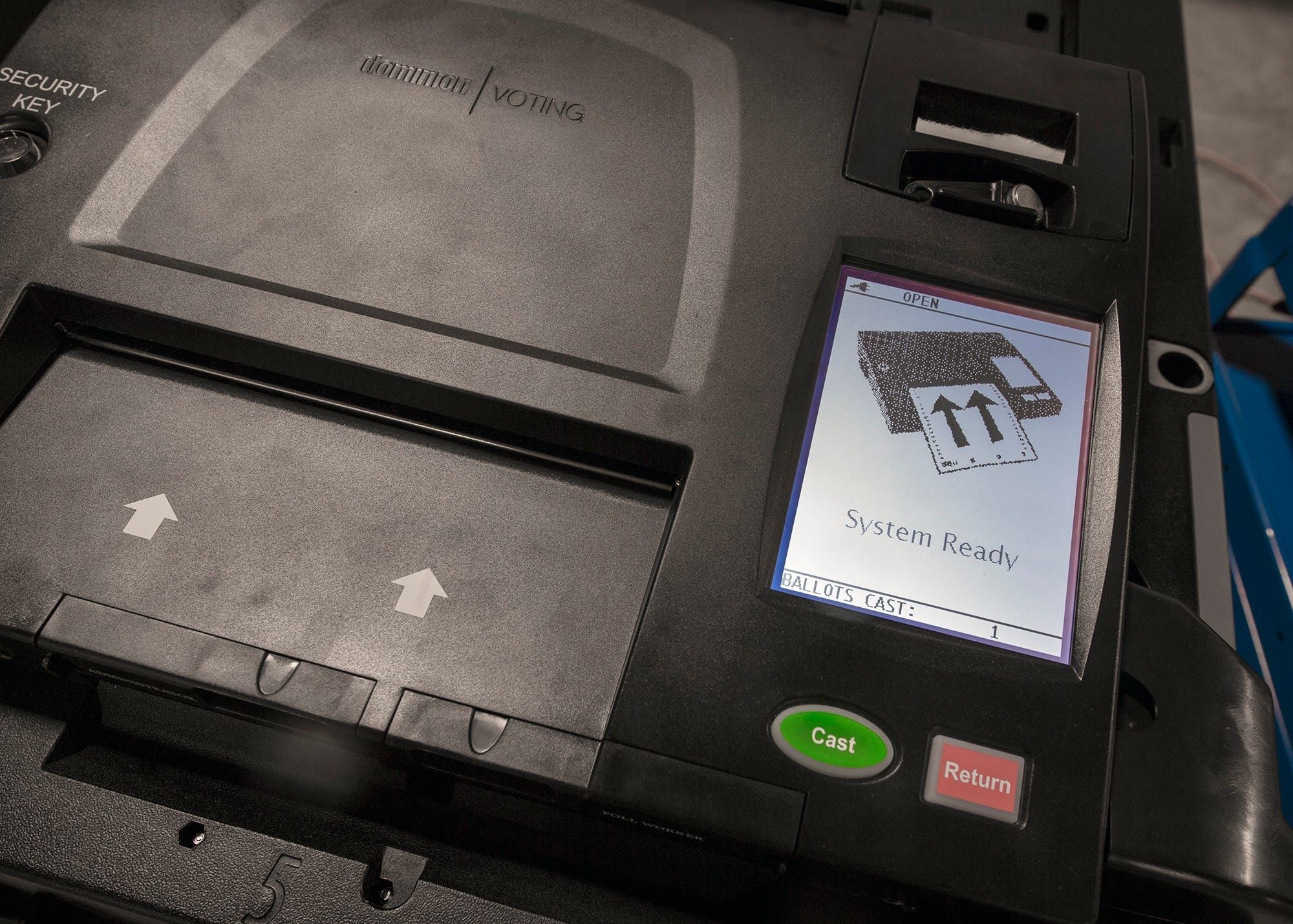It's just over 12 months until the US presidential election. So, how are you feeling? A bit on edge? Good, because against a tense geopolitical backdrop, and with an impeachment drama playing out in the House of Representatives, a series of recent headlines has left your Wednesday Signal author concerned that we could be heading for a perfect storm…of election meddling and other cyber mischief.
Consider the following:
Russian trolls are back. And Iranian trolls, and…On Monday, Facebook said it had dismantled four account groups (one Russian, three Iranian) for "coordinated inauthentic behavior." The company has already taken out 50 similar disinformation campaigns over the past 12 months. This latest catch was meant to be reassuring: look the tech giants are getting better at fighting disinformation campaigns! But the less charitable read is that troll armies backed by multiple US adversaries are continuing to refine their tactics, and will almost certainly try to interfere in a presidential race that is already shaping up to be the most bitter in recent memory.
Deterrence isn't working. Those Russian and Iranian groups were hard at work just three weeks after Secretary of State Mike Pompeo again warned foreign powers not to mess with US elections. And the Treasury Department last month slapped sanctions on seven Russians for running troll farms during the 2018 US midterms. Fat lot of good it's doing. Iran, which paid almost no price for taking out half of Saudi Arabia's oil supply with drones last month, seems unlikely to be dissuaded from something as comparatively milquetoast as spreading lies on social media. China may also have new incentives to wade into the disinformation game next year if its trade dispute with the US drags on and it gives up on ever striking a real deal with Trump. If 2016 was marred by Russian propaganda and hacking to promote Trump, 2020 could see the disinformation flying thicker and faster on all sides.
False flags make it all worse. Elsewhere on Monday, UK and US spooks detailed a scheme in which elite Russian cyber-operators posed as an Iranian hacking team to steal information from a host of companies and governments. Again, there's both a reassuring way to interpret this news and a terrifying way. It's reassuring that the UK and US were able to detect the Russians' attempt to pose as Iranian hackers. But it's terrifying to consider how hard it still is to figure out who's doing what in cyberspace. Will more serious attempts to interfere, such as messing with voting machines or tallies, be detected and accurately sourced?
How it could all go wrong: Facebook's former head of cybersecurity has already warned that if the 2020 election is compromised by disinformation and hacking, the loser would have a wide-open door to question the results, raising a broader crisis of legitimacy in the US system. You can read his nightmare scenario here. The foreign policy implications of a successful attempt to undermine the US elections could also be severe if the US lashes out in response, raising the risk of a broader conflict. A perfect storm of cyber risks to the election might not be the most likely scenario for 2020, but it's at least a plausible one, and that alone is concerning.
